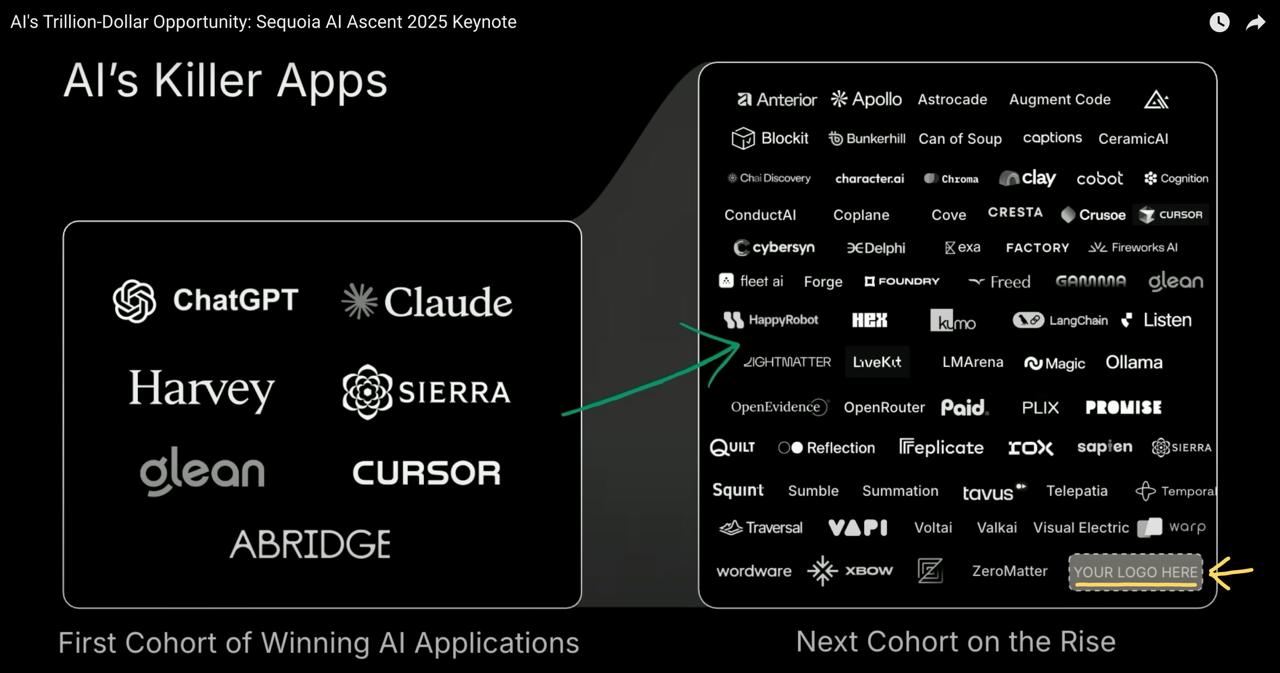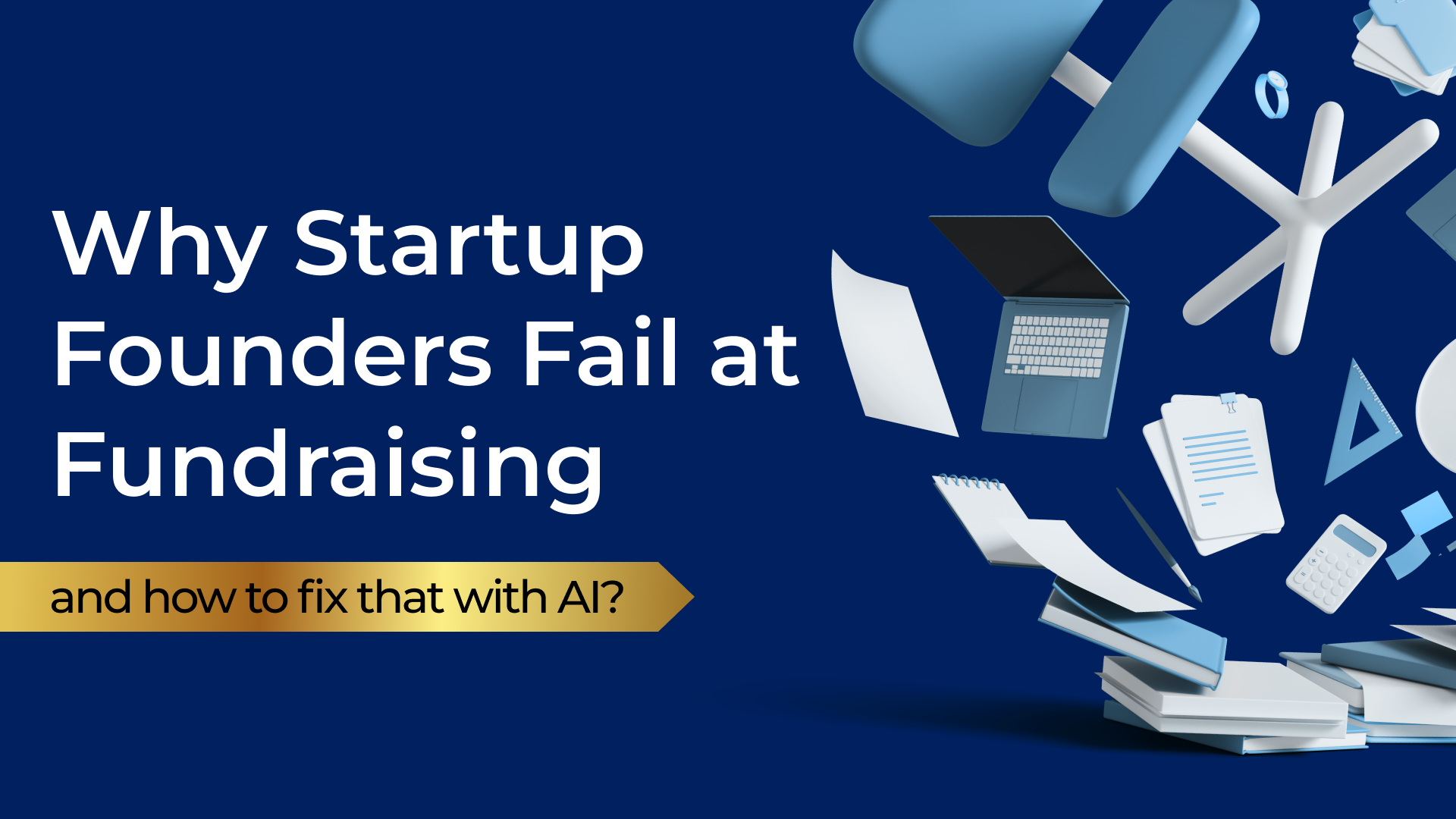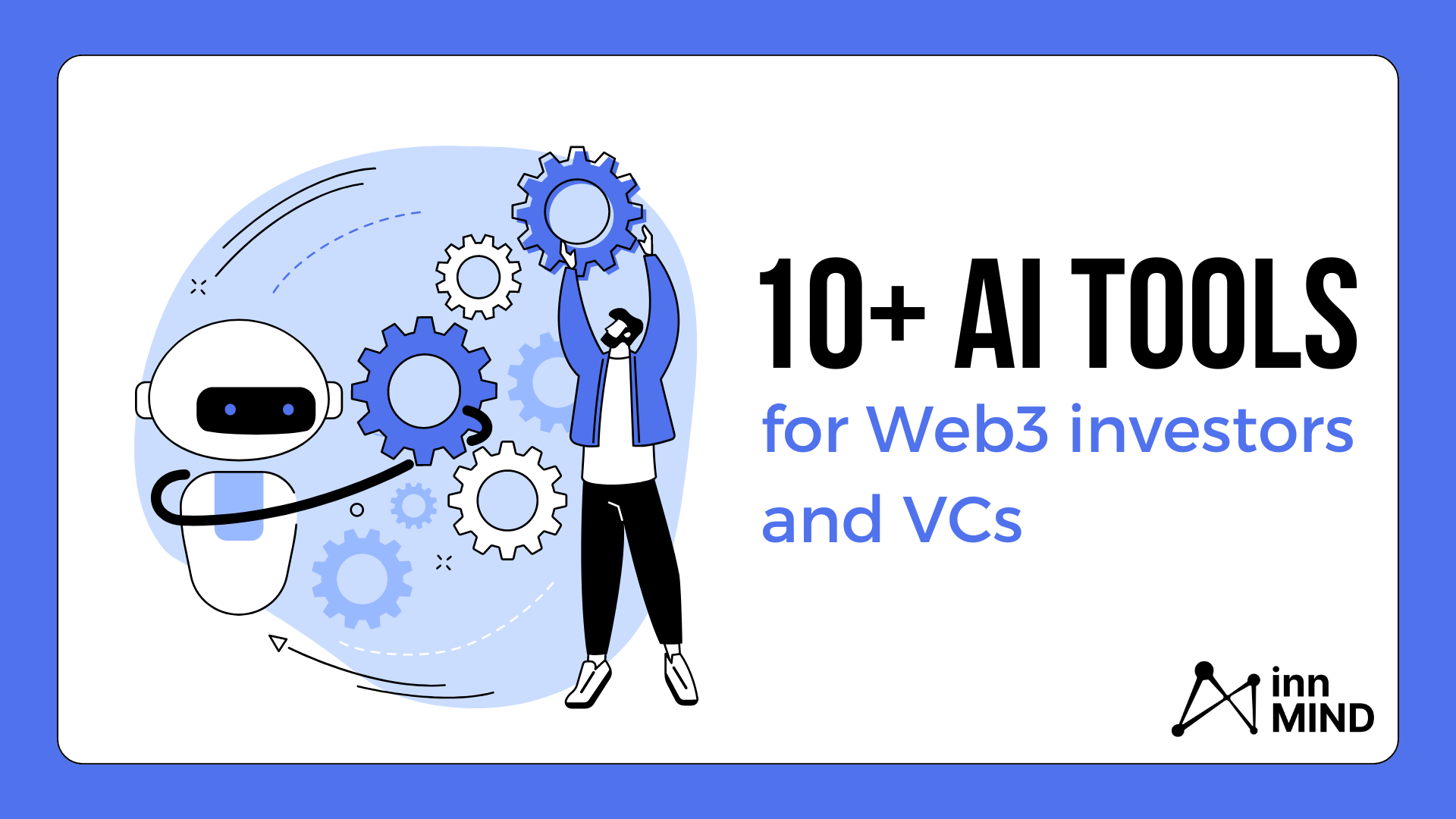Decoding Sequoia's AI Playbook: What Founders Need to Know in 2025
A practical, founder-centric breakdown of Sequoia Capital's AI Ascent keynote. Learn what matters now and how to build in the emerging agent economy.

The Sequoia AI Ascent Playbook, Decoded
Every founder knows AI is a serious game. But few understand how venture capitalists really think about where future profits will flow. At the closed-door Sequoia AI Ascent 2025 event, Packer Radio, Sequoia’s investment partner, alongside colleagues Sonya and Konstantin, shared a real-world perspective: what’s changing, what works, and what startups need to develop right now.
Many of the trends Sequoia highlights — autonomous agents, reliability layers, and value transfer mechanics — also resonate deeply with the long-term vision of the Web3 ecosystem. For founders building at the intersection of AI and crypto, these insights are critical.
You can watch the full video here, but to save your time, we’ve summarised the key takeaways and strategic advice for startup builders below.
👉 Subscribe to our weekly newsletter for more insights and resources to grow your business.
1. The AI Market Is Massive—and Faster Than You Think
The AI market is projected to grow at least 10x larger than the early cloud market. AI is not just being layered into software; it is reshaping services and even labor budgets. That’s why reselling AI-powered tools and even “work itself” is becoming a major trend.
With 5.6 billion people online, the rapid spread of AI is unstoppable. We all witnessed how ChatGPT exploded in popularity almost overnight.
“There’s a tremendous sucking sound in the market for AI. Nature hates a vacuum—if you don’t seize it, someone else will”

2. The Real Battle Is in Applications, Not Models
While foundational models dominate headlines, Sequoia sees the most conservative, practical fight happening at the application layer. Founders should focus on building vertical solutions tailored to specific customer workflows, from start to finish. Data flywheels matter, but they must connect directly to measurable business outcomes.
“Solve the customer’s entire problem, don’t just throw tools at them.”

Example: Harvey, an AI-powered legal agent, works directly with law firms, embedding into daily operations and delivering subject-specific reasoning and document handling that fits seamlessly into legal processes.

Check out our Knowledge Base for free legal document templates for your Web3 startup:
▪️ MiCA-Compliant White Paper Template
▪️ Compliant Utility Token Offering Guideline
3. Don’t Mistake Vibe for Revenue
“Vibes-based revenue” — engagement without actual monetisation — is a dangerous illusion. Real success for AI startups lies in delivering, retaining, and generating tangible business results. Trust is crucial, and the initial product quality is even more important.
“Your customers have to trust you’ll improve—otherwise, even a good product will fail.”

4. Vertical AI Agents Are Surpassing Human Experts
Sonya noted the rise of specialised AI agents trained to handle narrow, mission-critical workflows. In fields like cybersecurity, DevOps, and networking, vertical agents are already outperforming seasoned human specialists. This opens a huge opportunity for founders with deep domain knowledge.
Two paths to agent success: rigorous orchestration and fine-tuning agents for real-world tasks.

Example: Traversal built an AI-based troubleshooting tool that now resolves DevOps incidents faster than senior engineers, proving how domain alignment beats general-purpose tools.
Meanwhile, Expo’s security agent outperforms penetration testers in identifying critical vulnerabilities in enterprise stacks.
“Founders who deeply understand their domains have an incredible opportunity here.”
5. The Agent Economy and the ‘One-Person Unicorn’
Konstantin pointed to a major shift: the “agent economy,” where autonomous agent networks manage transactions, trust, and even resources. This future requires solving technical challenges like persistent identification, reliable inter-agent communication protocols (e.g., MCP), and scalable security.
This shift creates unprecedented leverage, potentially enabling the first-ever “one-person unicorn” — a startup achieving massive scale with minimal staff.
Example: Listen Labs (an AI startup backed by Sequoia with $27M in funding) is building an agent-centric company in audio analytics, relying on AI agents for everything from data ingestion to sentiment analysis. This demonstrates how small, agent-native teams are redefining startup structures.
“We’re heading towards massive leverage with far less certainty—prepare accordingly.”
Get more AI tools to make your business simple here:
How Startups Can Slash Costs with AI: Top 10 AI Tools to Use

Discover promising AI & Web3 startups on InnMind in 2026
6. New Mindsets for Managing AI-Powered Companies
A critical but often overlooked insight: managing agents is fundamentally different from managing software. Leaders must adopt stochastic thinking — the ability to embrace uncertainty and probabilistic outcomes — and focus on orchestrating agents rather than micromanaging tasks.
“Management will shift from deterministic to probabilistic thinking. Be ready for this cultural transition.”

Founder Lens: Action Items for Today’s Builders
✅ Build vertically, with deep domain expertise.
✅ Move fast—the market won’t wait.
✅ Prioritize trust and outcomes, not just features.
✅ Prepare for the agent economy—integrate agent management early.
✅ Embrace uncertainty and leverage—the future favors flexibility.
✅ Design for composability — agents, tools, and platforms that integrate well will win in a networked future.
✅ Watch protocol layers — infrastructure like MCP may become as foundational as TCP/IP once was.
The modern world doesn’t reward shallow innovation. It belongs to founders ready to move fast, think deeply, and connect directly with customers.
This is your map. Act on it.
Founders who master the map won’t just navigate disruption — they’ll shape it.
💬 Join the conversation in our Telegram community!
Read also:









